- Home
- Addiction Detox
- Benzodiazepine Detox
Benzodiazepine Detox
A benzodiazepine detox is a necessary step towards recovering from an addiction and is a chance to rid your body of this substance along with the physical side effects it can cause.
If you are contemplating a benzodiazepine detox, you are likely to be feeling apprehensive about the process.
Understanding the facts about benzodiazepine addiction and what to expect when undergoing a detox can help you to feel more comfortable and able to successfully move forward with your recovery.
What Are Benzodiazepines And How Do They Work?
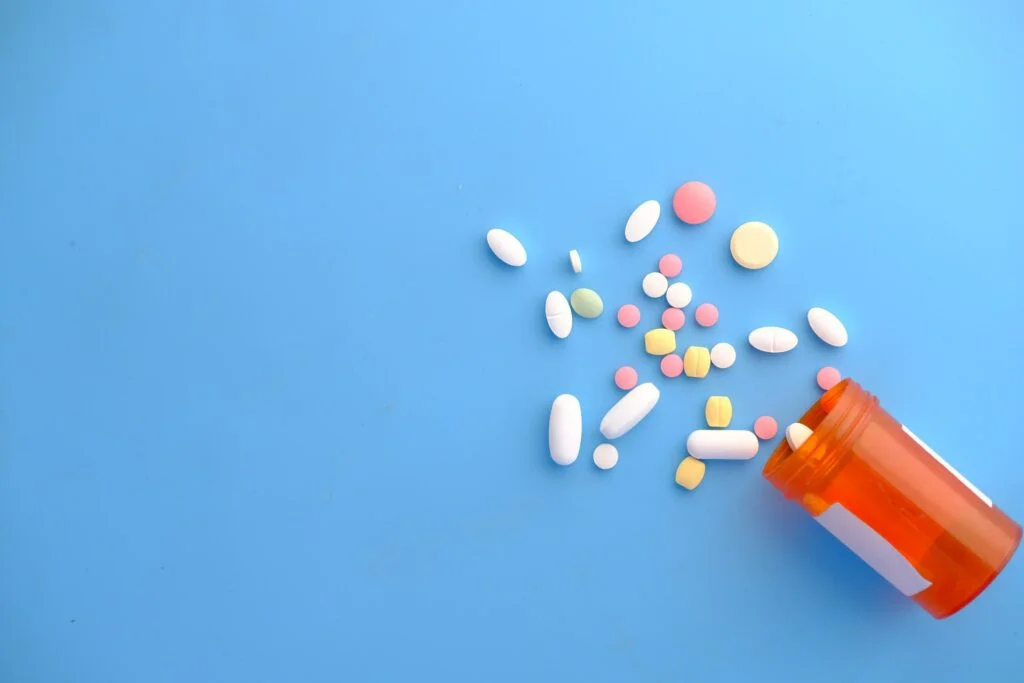
Benzodiazepines are a family of drugs that have a depressant effect.
They are commonly prescribed to treat the symptoms of anxiety as well as insomnia and other sleeping problems.
They work by slowing down the central nervous system, making you feel more relaxed and reducing the rate at which you are breathing.
If you take too high of a dose, they can potentially cause you to stop breathing.
Many people take benzodiazepines legally as they have been prescribed by a doctor, while others misuse them by purchasing them from a street dealer or using other people’s prescriptions.
No matter how they are used, benzodiazepines have the potential to become extremely addictive.
You should only take them if they have been prescribed to you by a doctor, and you should have medical support and guidance when planning to withdraw from this medication.
Common types of benzodiazepines include:
- Xanax
- Librium
- Valium
- Bromazepam
- Serapax
- Rohypnol
- Lorazepam
- Klonopin
Even if you have been prescribed benzodiazepines by a doctor, it is still possible to become addicted to them.
What Are The Signs And Symptoms Of A Benzodiazepine Addiction?
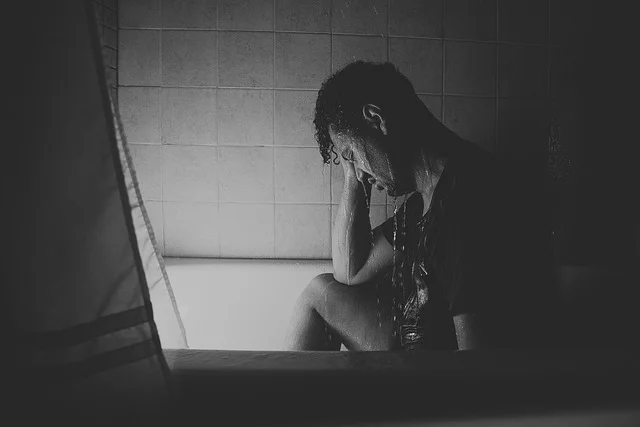
While many people will attempt to hide the physical, psychological and behavioural symptoms that can indicate a benzodiazepine addiction, eventually the signs of this substance use disorder will become noticeable to their closest family and friends.
Confronting a benzodiazepine addiction head-on and acknowledging that you have a problem is the first step towards long term recovery and should be commended.
Some people may not recognise that they have an addiction, or remain in denial about the extent of the issue.
In these cases, friends and family members should keep an eye out for the following signs.
Common signs and symptoms of a benzodiazepine addiction include:
- ‘Doctor-shopping’, visiting multiple doctors to obtain more than one prescription
- Frequent claims of losing medication, resulting in the need to acquire more
- Asking for or stealing other people’s benzodiazepines
- Purchasing illegal street benzodiazepines from online or neighbourhood dealers
- Frequent drowsiness
- Poor grooming and lack of hygiene
- Becoming withdrawn and isolated
- Poor performance at school or work
- Frequent mood swings and angry outbursts
If you are concerned that you or someone else may be suffering from benzodiazepine addiction, continue reading to learn how to spot the signs as well as what to expect from a benzodiazepine detox.
Do I Need A Benzodiazepine Detox?
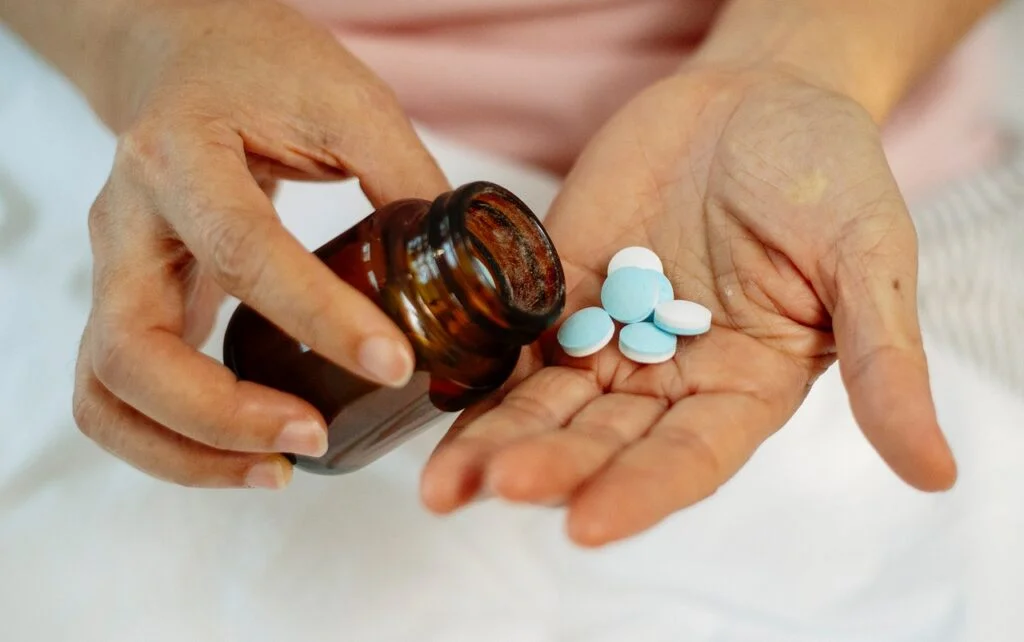
If you use benzodiazepines, particularly if they have been prescribed by a doctor, it can be very difficult to understand when the line between medical use and addiction has been crossed.
Some people believe that you cannot become addicted to medication that has been prescribed by a GP, but this is not the case.
In fact, these medications are tightly controlled and regulated primarily because the risk of addiction is so high.
If you can relate to some of the following statements, you may have developed an addiction and will need to undergo a benzodiazepine detox:
- I have attempted to reduce or stop using benzodiazepines but have been unable to
- I prioritise using benzodiazepines over my work, school or family responsibilities
- I have experienced legal troubles due to my benzodiazepine use
- I have experienced financial difficulties due to my benzodiazepine use
- There have been negative repercussions directly related to my benzodiazepine use
- Friends, family members and/or colleagues have expressed concern about my benzodiazepine use
Of course, using benzodiazepines illegally without a prescription is far more likely to result in an addiction.
This is because many illegal street benzos are cut with additional chemicals that may be addictive in their own right, and they are often far stronger than prescription benzodiazepines.
If you are addicted to benzodiazepines, either legally or illegally, there is help available to you in the form of a benzodiazepine detox.
What Are The Side Effects Of A Benzodiazepine Detox?
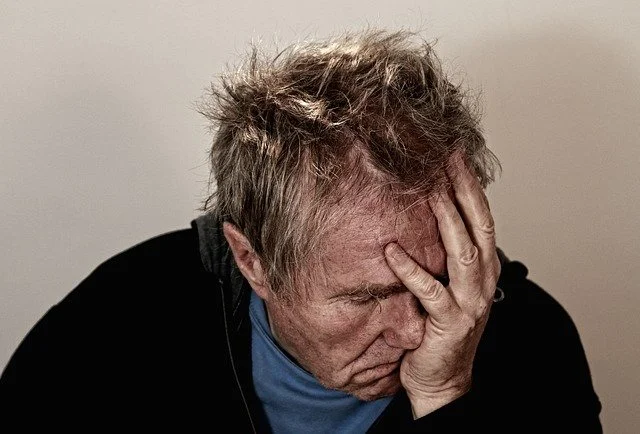
During a benzodiazepine detox, most people experience two phases: the acute withdrawal phase and the protracted withdrawal phase.
These represent the two stages of recovery as your mind and body begin to heal from benzodiazepine addiction.
What is the acute withdrawal phase?
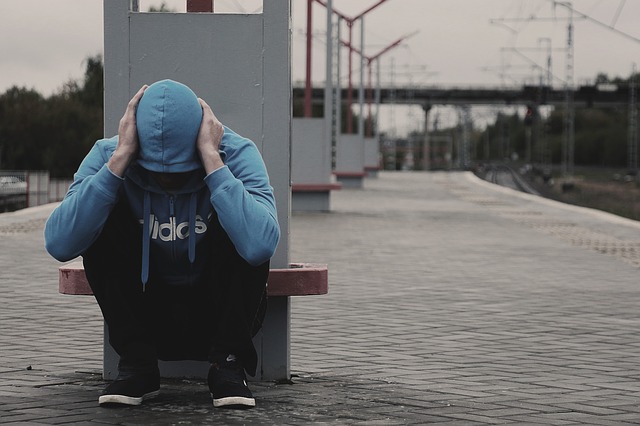
This is the initial part of the withdrawal process during which you will likely experience many symptoms of anxiety and panic, particularly if these disorders were the reason that you were prescribed benzodiazepines.
This phase can cause your body and mind to become hypersensitive, reacting to real and perceived stimuli in a hyperaware state.
Common symptoms experienced during the acute withdrawal phase include:
- Extreme anxiety
- Frequent panic attacks
- Excessive sweating
- Increased heart rate
- Dizziness
- Heart palpitations
- Feeling confused and disoriented
- Restlessness and agitation
- Muscle pains
- Insomnia and nightmares
- Sensitivity to light and sound
This period of time can be uncomfortable and you may experience intense cravings for benzodiazepines, but it is important that you persist and see it through.
What is the protracted withdrawal phase?
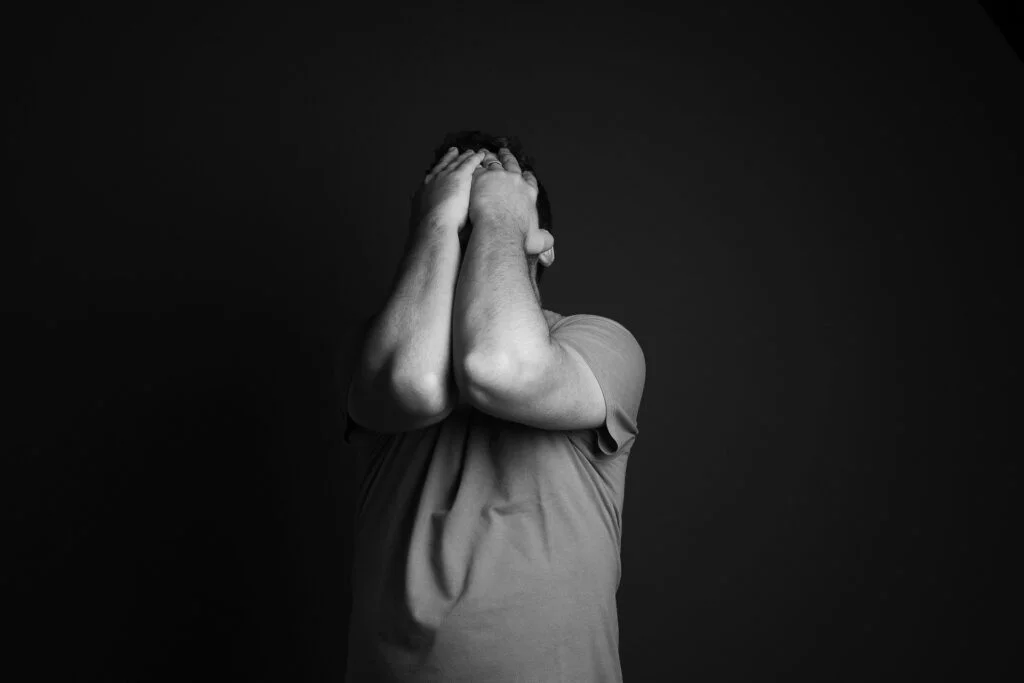
This is the second part of the withdrawal process during which the body and mind will attempt to rebalance and learn how to function without benzodiazepines in the system.
The symptoms are similar to those of the acute withdrawal phase, but may be diminished and easier to cope with.
Common symptoms experienced during the protracted withdrawal phase include:
- Difficulty sleeping
- Lack of appetite
- Feelings of depression
- Frequent mood swings
- Feeling restless and irritable
- Trouble concentrating
- Mild anxiety
Concentrating on your end goal of long-term recovery during this process can help you to overcome these symptoms without relapsing or being unable to function in daily life.
How Long Does A Benzodiazepine Detox Take?

Depending on which type of benzodiazepine you have been taking, withdrawal symptoms may begin to appear at different times.
Xanax is a short-acting drug, meaning that its effects begin sooner and end faster than other forms of benzodiazepine.
You can expect to notice withdrawal symptoms in as little as eight hours after taking Xanax.
Klonopin is a long-acting drug, which means that it will remain in your system for longer.
This means that withdrawal symptoms may be slower to appear, often taking one or two days to become noticeable.
In general, withdrawal symptoms tend to peak between 1 and 4 days and will fade by the end of the second week.
Some people may find that they continue to experience protracted withdrawal, with symptoms continuing for up to one month.
What Is Post-Acute Withdrawal Syndrome (PAWS)?
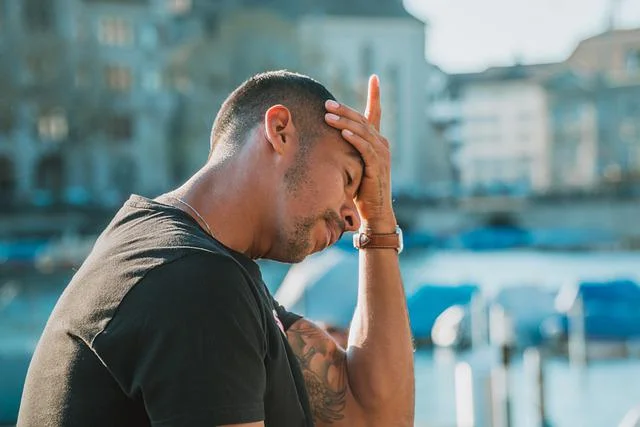
While most people will usually recover from a benzodiazepine detox within a few weeks, some will continue to experience withdrawal symptoms for months or even years after treatment.
This is known as post-acute withdrawal syndrome (PAWS) and primarily occurs in people recovering from a severe and long-lasting addiction.
These symptoms can come and go with no apparent pattern, and are usually psychological in nature.
They may include:
- Anxiety
- Depression
- Fatigue
- Insomnia
PAWS is not an official medical diagnosis and it’s impossible to know whether you will experience this condition.
More research is needed to examine the potential causes and treatments for this somewhat mysterious syndrome.
Is A Benzodiazepine Detox Dangerous?
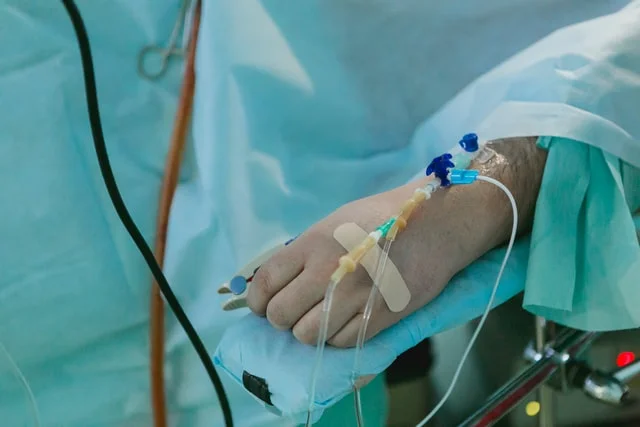
While many people will only experience mild symptoms during a benzodiazepine detox, others may develop complications such as psychosis and dehydration which can be life-threatening if not promptly treated.
There are certain risk factors that can increase your chances of developing severe withdrawal symptoms during a benzodiazepine detox.
These include:
- Any underlying physical or mental health conditions
- The length of time you have been using benzodiazepines
- Which benzodiazepines you have been using
- Whether you combine benzodiazepines with other substances
- The way you take benzodiazepines
- The amount of benzodiazepine you use on a regular basis
Although it can be helpful to consider the above factors, the reality is that there is no way to effectively predict how you will react to benzodiazepine withdrawal.
Therefore, it is always recommended that you seek treatment at a specialised rehab clinic for the duration of your detox.
In short, a benzodiazepine detox has the potential to become dangerous and even life-threatening as withdrawal symptoms may develop into psychosis, suicidal thoughts and severe dehydration due to frequent vomiting.
Which Medications Can I Take During A Benzodiazepine Detox?
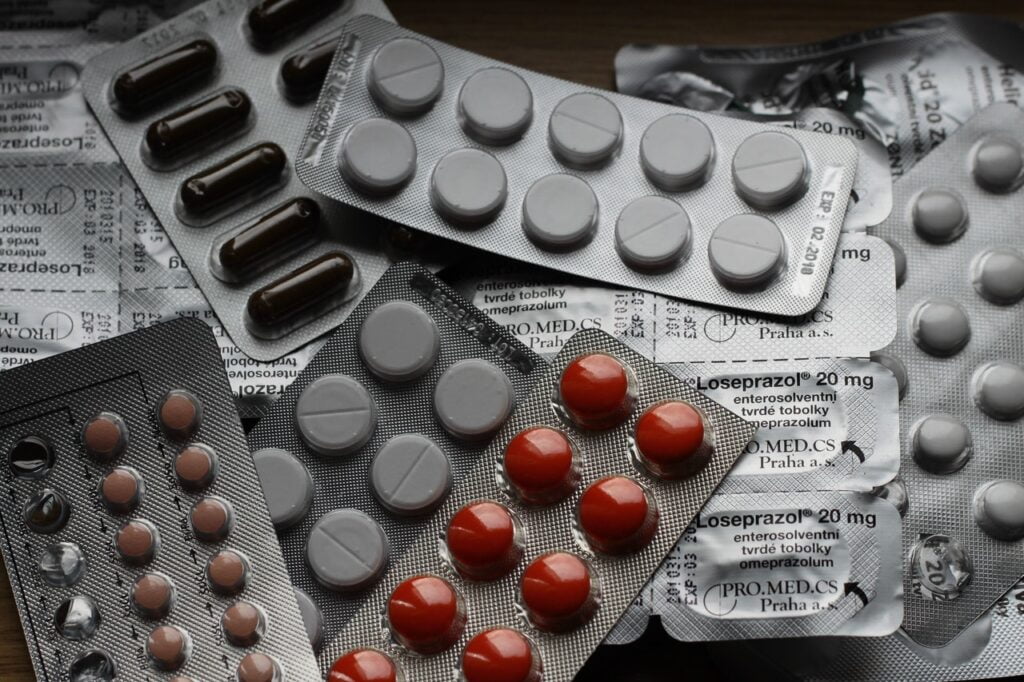
When you choose to recover from a benzodiazepine addiction at a rehab clinic, you will benefit from several medications that can be prescribed to make the withdrawal process more comfortable.
You should only take medication that has been prescribed or recommended by a doctor who is experienced in treating benzodiazepine withdrawal.
The most common medications prescribed during a benzodiazepine detox include:
Flumazenil, which can help to prevent withdrawal symptoms from occurring as it can mimic the sensation of benzodiazepines.
This medication can also induce a forced detox as it can push the substance out of the body, which can speed up the withdrawal time but also make the symptoms worse.
Buspirone, which can help to alleviate the severe anxiety symptoms that can occur during the acute withdrawal phase of a benzodiazepine detox.
This medication can take up to 2-3 weeks to begin working, so it is often used on patients who are working to decrease their benzodiazepine intake.
If you wish to take over-the-counter medications to help with the symptoms of benzodiazepine detox, it is highly recommended that you speak to your doctor first.
What Happens If I Have A Dual Diagnosis?

A dual diagnosis is when a person is diagnosed with both an addiction and a co-occurring mental health condition.
It can be extremely difficult to recover from just one of these conditions, so struggling with both at once can seem like an uphill battle.
If your treatment programme solely on recovering from a benzodiazepine addiction without considering your mental health condition, you will be at greater risk of relapse after leaving rehab.
As a result, it is vital to treat patients with a dual diagnosis using scientifically-proven methods.
These may include a combination of benzodiazepine detox, counselling, medication and effective aftercare.
Should I Undergo A Benzodiazepine Detox As An Inpatient Or An Outpatient?
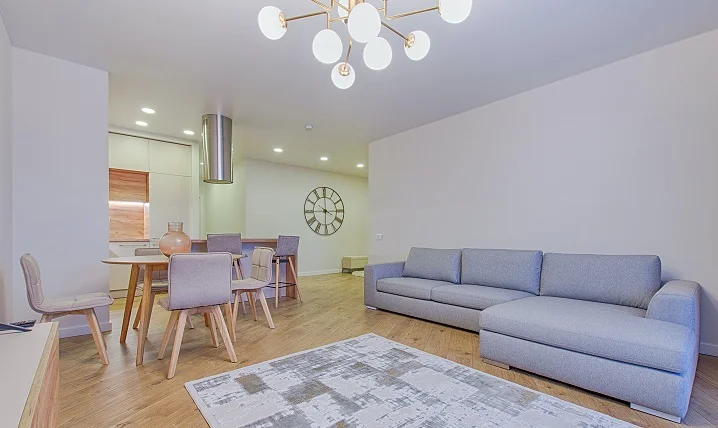
As a benzodiazepine detox can result in hallucinations and seizures if not properly managed, it is highly recommended that you attend rehab as an inpatient during the process.
You will be under 24/7 medical supervision throughout the benzodiazepine detox, allowing doctors to perform immediate medical attention if necessary.
This reduces your chances of experiencing severe and life-threatening side effects.
In some cases, it may be possible to attend as an outpatient but this will be taken on a case-by-case basis and will only be recommended for patients with a mild benzodiazepine addiction and a healthy living environment.
What Is Poly-Drug Benzodiazepine Addiction And How Is It Treated?
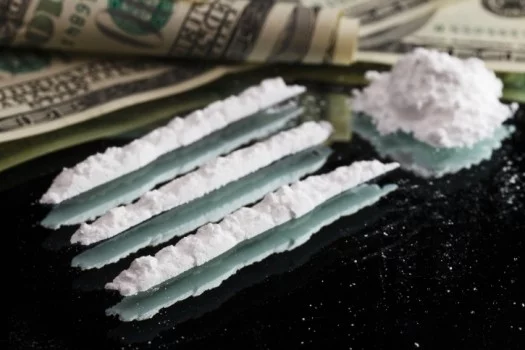
If you combine benzodiazepines with other substances as part of your addiction, this is known as poly-drug benzodiazepine addiction.
These substances may include illicit drugs such as cocaine, cannabis and heroin as well as legal substances such as alcohol and prescription medications.
This is an extremely dangerous practice, as the effects of two or more substances on the brain and body can be too much and potentially lead to a fatal overdose.
If benzodiazepines are combined with a depressant such as opioids, you may experience breathing difficulties which can be life-threatening.
You will need to undergo a medially-assisted detox if you are diagnosed with poly-drug benzodiazepine addiction, as the withdrawal symptoms can be extremely dangerous.
You may be prescribed medications to help you feel more comfortable during this time.
Once this process is complete, it is recommended that you attend a course of counselling sessions and take advantage of any aftercare services available to you.
Get The Help You Need Today

For tailored support along every step of your Benzodiazepine recovery journey, contact our team today on 0800 088 66 86.
Our advisers can begin your pre-admissions process and offer a helping hand.
The days of facing detox alone are now a thing of the past.


